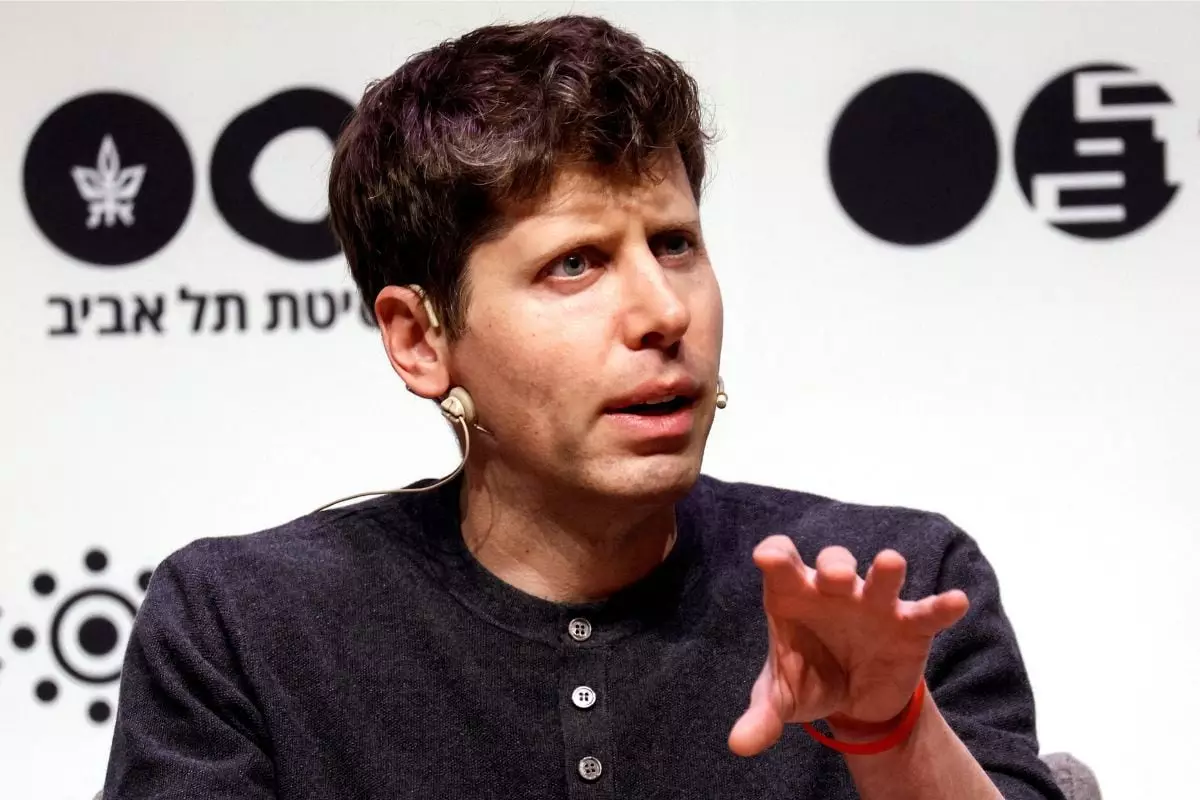In a groundbreaking development that could reshape the landscape of artificial intelligence, OpenAI has taken a bold step by adopting Anthropic’s open-source Model Context Protocol (MCP). This pivotal decision was announced by CEO Sam Altman, who has consistently positioned OpenAI at the forefront of AI innovation. Standardization of how AI systems interact with external data sources promises not only increased efficiency but also enhanced interoperability among different AI models. In doing so, OpenAI is tackling one of the longstanding challenges in the AI community—how disparate systems can communicate and function seamlessly.
Empowering Developers and Users Alike
The integration of MCP within the Agents software development kit (SDK) creates a platform where developers can easily harness its capabilities, thus democratizing access to advanced AI functionalities. With MCP’s introduction, developers will no longer be bogged down by the unique complexities each system presents when fetching data from various repositories. This development signifies a monumental step toward equitable access to AI technology, allowing a wider range of applications and facilitating innovation across industries. By making it easier for developers, OpenAI empowers not just the tech-savvy but also small businesses and creative individuals striving to incorporate AI in their workflows—essentially broadening the scope of who can benefit from these emerging technologies.
The Potential Pitfalls
However, while the implications of this move may seem overwhelmingly positive, we must approach with caution. The push for standardization can stifle creativity; after all, a sole approach can lead to a homogenized AI landscape. If every service is compelled to fit into the MCP mold, we could risk losing the unique features and capabilities that differentiate one platform from another. Innovation thrives in an environment of diversity; therefore, it is crucial for companies to balance interoperability with healthy competition and creativity.
MCP: A Required Innovation
Moreover, MCP addresses essential operational hurdles faced by AI developers. Traditionally, chatbots constructed on large language models (LLMs) rely heavily on internal databases, which often leads to inconsistencies when fetching information from third-party systems. By offering a unified method of interacting with various data sources, MCP invites the possibility of richer, more nuanced conversational agents capable of better understanding context. This is not just an operational improvement; it’s an evolution that aligns current tools with user expectations, pushing for responsiveness and relevance in AI conversations.
Looking Ahead: Interconnected Ecosystems
The future looks promising, especially with features allowing Team subscribers to link chatbots with platforms such as Google Drive and Slack likely on the horizon. Should the MCP protocol underpin these connections, it could mark the start of a new era of cooperative functionality across different services. It’s an exciting prospect for users but must be approached with a strategic mindset. The balance between accessibility and security remains paramount, as more interconnected ecosystems become increasingly vulnerable to data breaches.
OpenAI’s adoption of MCP is poised to make a significant impact, with the potential to either foster widespread advancements in AI or inadvertently curtail innovation if not managed carefully. As this situation progresses, the community must remain vigilant in ensuring that while we march toward standardization, we also uphold the fundamental principles of creativity and diversity that drive progress.


Leave a Reply